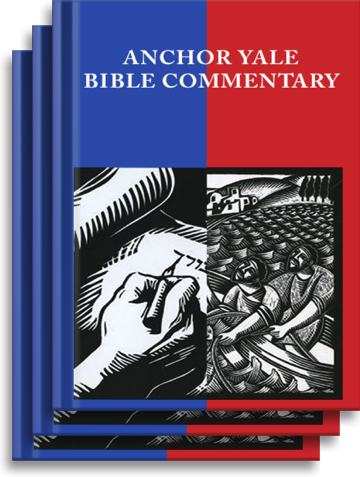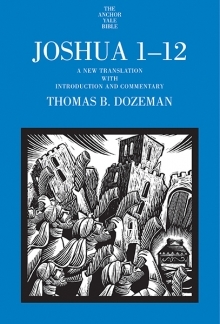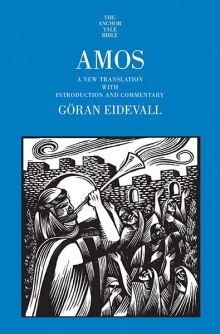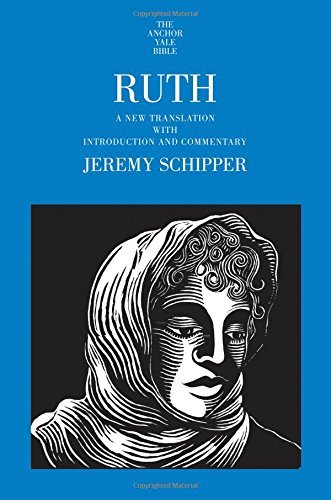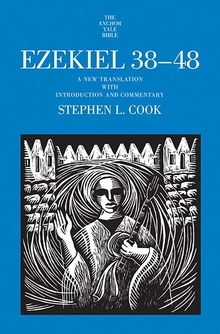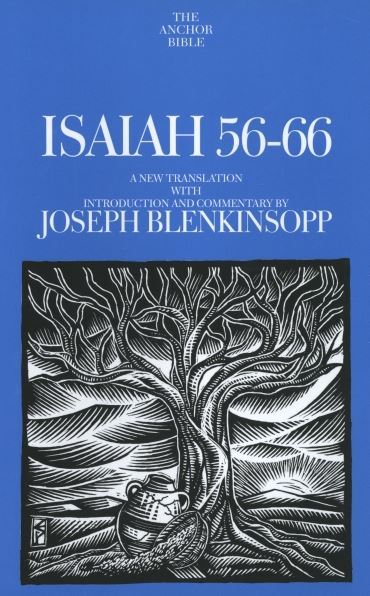

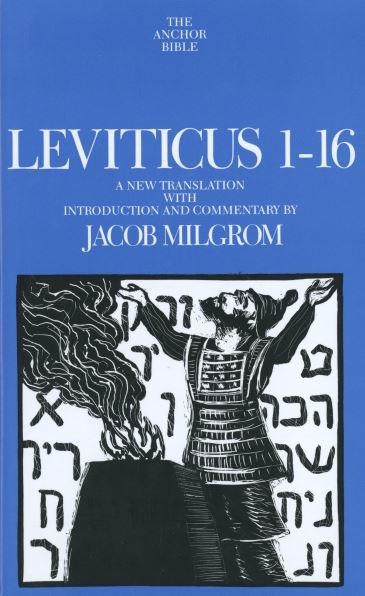
Anchor Yale Bible Commentary: Leviticus 1-16 (AYB)

Anchor Yale Bible Commentary: Leviticus 1-16 (AYB)
At the beginning of his academic career, author Jacob Milgrom determined to make his lifework a probing study of the Laws of the Torah. Here, with Leviticus 1-16, the first of three volumes on Leviticus, he has reached the pinnacle of his long pursuit. No other contemporary commentary matches Milgrom’s comprehensive work on this much misunderstood and often underappreciated biblical book.
In this richly detailed volume, the author traverses the shoals of legal thought and liturgical practice in ancient Israel. He clearly explains the role of the Tabernacle of the Wilderness as the all-important center of Israelite worship, the locus of the priestly orders, sacrificial rituals, and practices of purity to which the congregation repaired for penitence and reconciliation, restoration and renewal. At the heart of the dwelling place of God was the real presence of the God of Israel, present through his splendor in the midst of the camp and the congregation – a permanent sign of the unique privilege and responsibility of Israel, perceived as a worshipping and serving people.
Jacob Milgrom, an ordained rabbi active in his profession, is Emeritus Professor of Hebrew and Bible at the University of California, Berkeley, and a widely published author. Distinguished author of 4 books and over 10 scholarly articles on the Bible, Milgrom is a Guggenheim Fellow, a Fulbright Fellow, a Fellow of the Institute of Advanced studies at the Hebrew University of Jerusalem, and a Fellow of the American Academy of Jewish Research.
THE ANCHOR YALE BIBLE COMMENTARY SERIES is a project of international and interfaith scope in which Protestant, Catholic, and Jewish scholars from many countries contribute individual volumes. The project is not sponsored by any ecclesiastical organization and is not intended to reflect any particular theological doctrine.
The Anchor Yale Bible is committed to producing commentaries in the tradition established half a century ago by the founders of the series, William Foxwell Albright and David Noel Freedman. It aims to present the best contemporary scholarship in a way that is accessible not only to scholars but also to the educated nonspecialist. Its approach is grounded in exact translation of the ancient languages and an appreciation of the historical and cultural context in which the biblical books were written supplemented by insights from modern methods, such as sociological and literary criticism.
